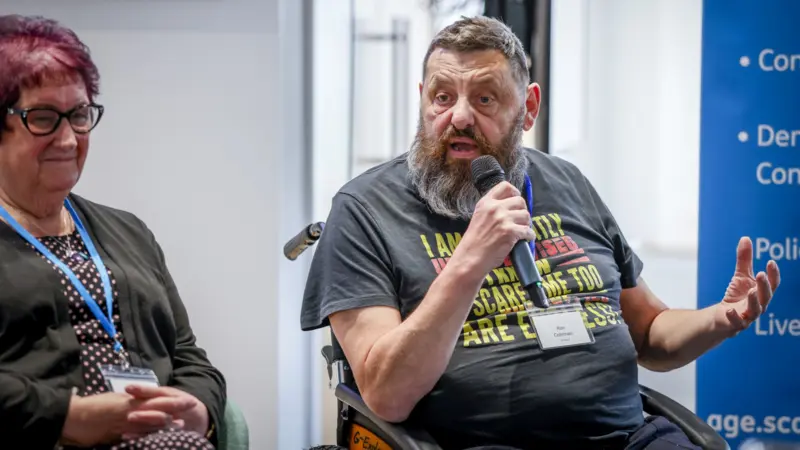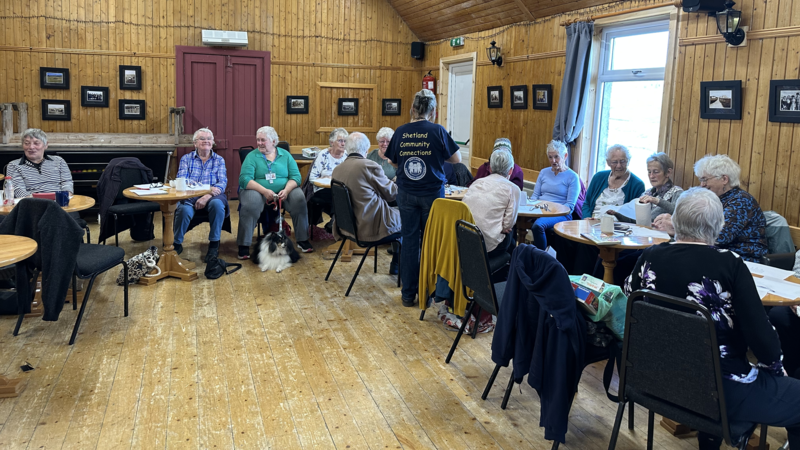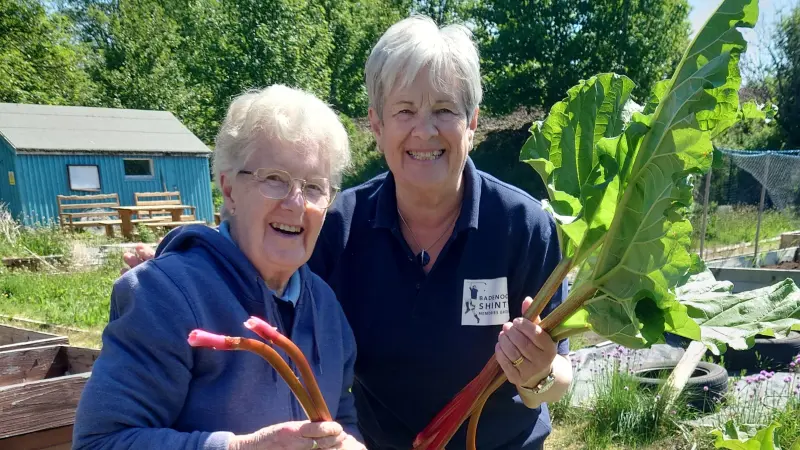Opening up conversation around rare dementia
While the vast majority of people who are diagnosed with dementia are around the age of 70 or above, between 5-15% of people diagnosed are under the age of 65.
A diagnosis at this age is known as ‘young onset dementia’ and when symptoms appear they are often confused for other conditions, even by some medical professionals.
Rare Dementia Support (RDS), an organisation which supports people living with seven types of rare dementia, says that it takes on average, twice as long to receive a diagnosis of dementia in people under 65 as it does for those who are older.
That is because symptoms that appear in the younger age category are atypical of common dementia symptoms in older people, said Jill Walton, from RDS, when speaking at About Dementia’s last Policy Drop-In meeting.
These online meetings take place every month and aim to not only keep you informed about developments in the dementia landscape, but also to provide you with a platform to share your experiences of the disease.
Jill said: “In early onset dementia, symptoms can appear as visual problems, behavioural problems or movement problems.
“[This means] diagnosis of dementia in people under the age of 65 is typically very convoluted.

“Quite often people will have been referred to a whole series of professionals before somebody realises this is actually a disease with your brain, not with your eyes, or not a relationship problem or a behavioural problem, this is a brain problem.”
Even after diagnosis, Jill says that there is ‘wide spread misunderstanding’ and a ‘lack of resources’ to support rare and young onset dementia.
And that is where RDS can help. The organisation provides people which links holistic support with social, emotional and practical issues and links to external services.
It also focuses on education and training of professionals and research into supporting people living with rare dementias.
‘My husband wasn’t coping emotionally’
Chris Croft, whose husband was diagnosed with a rare dementia in 2017, and who has received support from RDS, shared her experiences at the online meeting.
When asked how her husband’s symptoms appeared, she said: “He wasn’t coping emotionally.
“We were given a terminal diagnosis in the family for one of our children. It was hard for everyone but he wasn’t coping at all.
“In my mind it was ‘OK he’s not the person he was, but we’re getting older and we’ve moved house and there were a lot of changes in the family’.
“I don’t think I’d thought about dementia. It wasn’t that I didn’t know about it, I just wasn’t expecting it so young.”
Chris said her son had noticed more specific symptoms, such as a lack of interest in social engagement and a change in personality which led him to do things he would not have done previously.
She added that becoming involved in one of the support groups offered by RDS had helped her deal with her own emotions and recognise that what she was experiencing was ‘normal’.

RDS supports people affected by seven types of rare dementia:
- Lewy Body Dementia (LBD)
- Primary Progressive Aphasia (PPA)
- Frontotemporal Dementia (FTD)
- Familial Frontotemporal Dementia (FFD)
- Young Onset Alzheimer’s Disease (YOAD)
- Posterior Cortical Atrophy (PCA)
- Familial Alzheimer’s Disease (FAD)
For more information, visit the RDS website.
This was About Dementia’s last Policy Drop-In meeting of 2023. A recording of the meeting can be viewed here.
About Dementia’s Policy Drop-In events will be back in 2014. Check our dates page here for more information.


